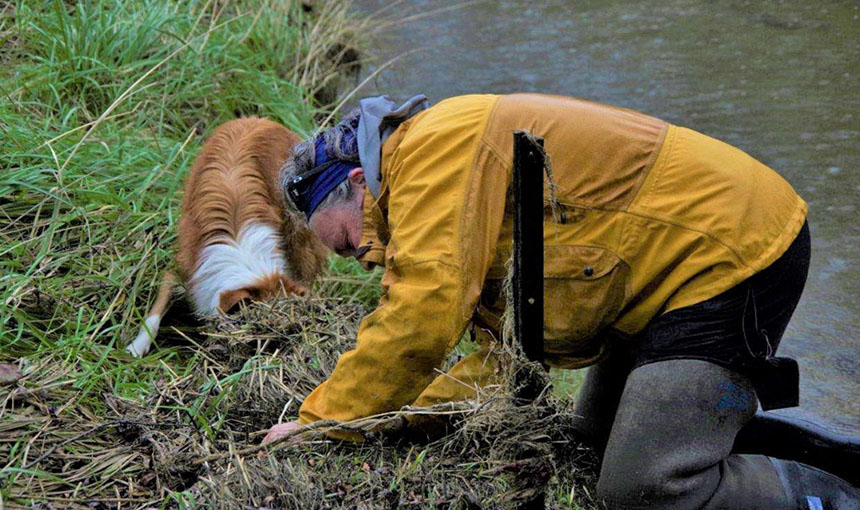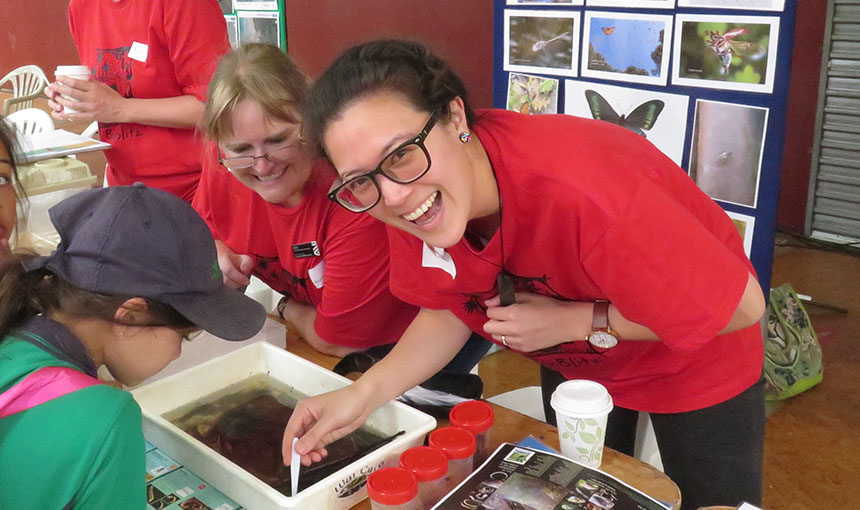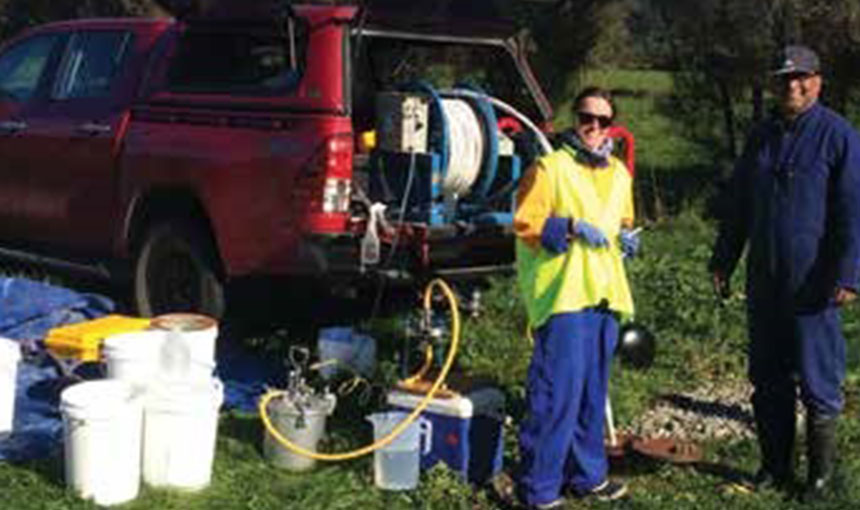Predicting and preventing ecosystem decline
Researchers are developing a framework to help predict and prevent the approach of rapid, harmful and difficult-to-reverse changes in ecosystems.

In this project, led by Professor Jason Tylianakis of the University of Canterbury, researchers are aiming to reverse degradation across a range of ecosystems and nudge these systems towards a healthy, self-reinforcing state.
Once an ecosystem reaches a tipping point, it can be costly or unfeasible to reverse – for example the loss of peat-forming species in wetlands, and the loss of soil structure and quality following intensive agriculture.
A key aspect of this BioHeritage Challenge project is understanding the processes leading to these tipping points in socio-ecological systems, and using that knowledge to develop generic, widely applicable tools to proactively manage and sustain healthy ecosystems.
Mātauranga Māori (Māori knowledge) is critical to the project which is contributing to BioHeritage’s goal of creating resilient and thriving ecosystems that New Zealanders are proud of.
Research is being co-designed with key Ngāi Tahu staff members who are using their indigenous knowledge of restoring populations and sustaining harvests of mahinga kai (food gathering) to help shape the research priorities.
Specifically, research on the restoration of īnanga (whitebait) and black swan egg harvests is being co-developed with Māori knowledge-holders as part of this work and another BioHeritage Challenge project – taking a biocultural approach to restoring New Zealand’s biodiversity.
The project team has distilled complex concepts around tipping points into a policy brief that outlines approaches that can help regional and central government to manage tipping points and drive positive ecosystem change.
Addressing cutting-edge problems in ecological tipping points has led to publication of the team’s research in international ecological journals such as Ecology Letters and the Journal of Ecology.
The team’s research has been integrated with a Ministry of Business Innovation and Employment Endeavour Project: Our lakes’ health: past, present and future, Kia whakatōmuri te haere whakamua.
In addition, lake sediment samples and analytical techniques have been shared with the Lakes380 team, and researchers have conducted a collaborative analysis of ecological tipping points in lakes.
Publications
Bell T, Tylianakis JM, 2016. Microbes in the Anthropocene: spillover of agriculturally selected bacteria and their impact on natural ecosystems. Proceedings of the Royal Society B-Biological Sciences 283. DOI: 10.1098/rspb.2016.0896 .
Brummer TJ, Byrom AE, Sullivan J, Hulme PE. 2016. Alien and native plant richness and abundance respond to different environmental drivers across multiple gravel floodplain ecosystems. Diversity & Distributions DOI:10.1111/ddi.12448
Kitzberger, T., G. Perry, J. Paritsis, J. Gowda, A. Tepley, A. Holz, and T. Veblen. 2016. Fire-vegetation feedbacks and alternative states: common mechanisms of temperate forest vulnerability to fire in southern South America and New Zealand. New Zealand Journal of Botany 54(2): 247-272. DOI: 10.1080/0028825X.2016.1151903
Lyver PO, Tylianakis JM, 2017. Indigenous peoples: Conservation paradox. Science 357:142-143. DOI: 10.1126/science.aao0780.
Niemec R.M., Pech R., Norbury G., & Byrom A. 2017. Landowners’ perspectives on coordinated, landscape-level invasive species control: The role of social and ecological context. Environmental Management 59(3):477-489 DOI:10.1007/s00267-016-0807-y
Tepley, A. J., T. . Veblen, G. L. W. Perry, G. H. Stewart, and C. Naficy. 2016. Positive feedbacks to fire-driven deforestation following human colonization of the South Island of New Zealand. Ecosystems (19):1325–1344. DOI: 10.1007/s10021-016-0008-9
Tylianakis J.M. & Morris R.J. 2017. Ecological Networks Across Environmental Gradients. Annual Reviews in Ecology, Evolution and Systematics 48: 25-48. DOI:10.1146/annurev-ecolsys-110316-022821
Yletyinen, J., Tylianakis, J., Brown, P. & Pech, R. 2017. Planning for tipping points and enhancing resilience in production landscapes. Landcare Research Manaaki Whenua Policy Brief No. 18 (ISSN: 2357-1713), June 2017.
Research Partners
BioHeritage’s role is to break down barriers between organisations and individual scientists by coordinating and focusing the research of top scientists from our 18 Challenge Parties. This project is being driven by Challenge Party the University of Canterbury, working closely with Ngāi Tahu.

